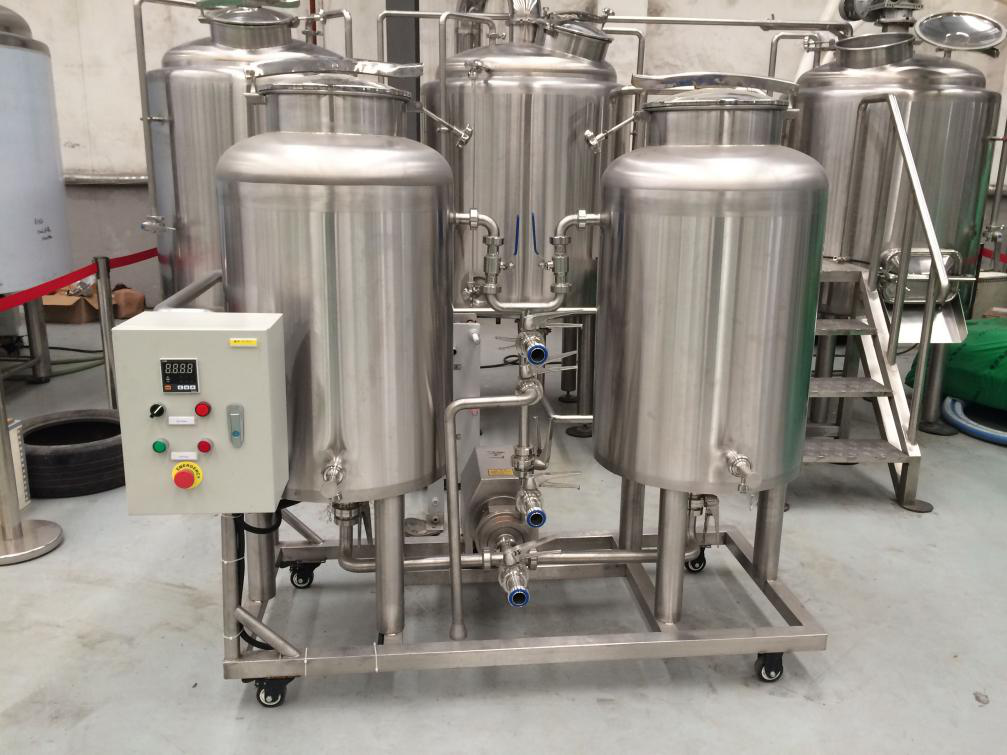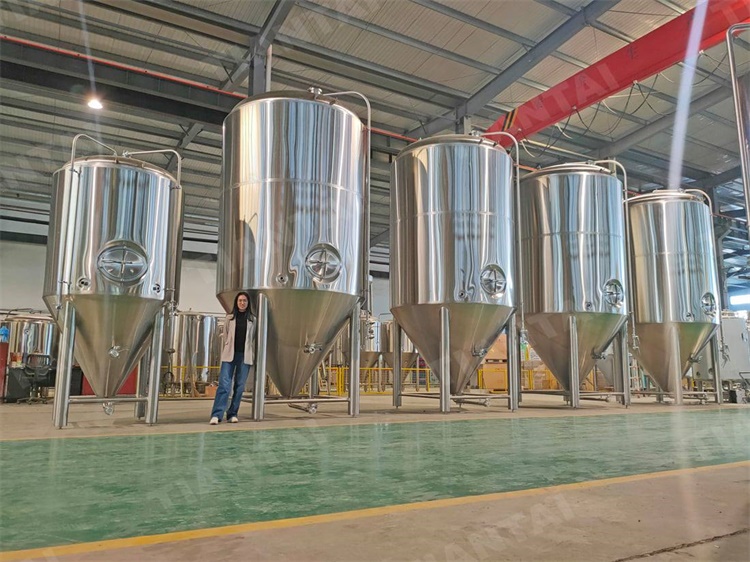How can I recycle hot energy from brewery equipment?
Heat Recovery Systems:One of the most effective ways to recycle hot energy from brewery equipment is by installing heat recovery systems. These systems capture waste heat from brewing processes like mashing, boiling, and pasteurization. The recovered heat can then be used to preheat water for subsequent brewing stages or to provide heating for other parts of the brewery, such as cleaning processes or facility space heating.
Steam Condensate Recovery:
Breweries often use steam in their brewing operations, and steam condensate recovery is an efficient method to recycle hot energy. Condensate, which is the liquid resulting from steam condensation, retains a significant amount of heat. By capturing and returning the condensate to the boiler or using it for other applications like hot water generation, breweries can reduce their energy consumption and associated costs.
Heat Exchangers:
Heat exchangers are versatile devices that facilitate the transfer of heat from one fluid to another without direct contact. In the brewing context, heat exchangers can recover heat from the hot wort during the cooling process and transfer it to incoming cold wort, thus reducing the energy required for cooling. Additionally, heat exchangers can be employed to recover heat from exhaust gases and use it for preheating purposes.
Solar Thermal Systems:
Breweries can integrate solar thermal systems to supplement their hot water needs. Solar collectors capture solar energy and convert it into hot water, which can be used directly in brewing processes or as a preheating source before entering the brewery's main heating systems. Solar thermal systems offer a renewable and sustainable source of hot energy, reducing the reliance on conventional fossil fuels.
.jpg)
Cogeneration (Combined Heat and Power):
Cogeneration, also known as combined heat and power (CHP), is a technology that generates both electricity and usable heat from a single fuel source. Breweries can employ CHP systems that utilize natural gas or biogas to produce electricity while capturing the waste heat for brewery processes. CHP systems are highly efficient and can significantly reduce greenhouse gas emissions.
Conclusion:
Recycling hot energy from brewery equipment through various innovative methods offers numerous advantages for breweries and the environment. Implementing heat recovery systems, steam condensate recovery, heat exchangers, solar thermal systems, and cogeneration technologies not only reduces energy consumption and operational costs but also showcases a commitment to sustainability and environmental responsibility.
By embracing these energy-efficient practices, breweries can achieve a competitive edge in the market, appeal to environmentally conscious consumers, and contribute positively to a greener future. As the brewing industry continues to evolve, investing in hot energy recycling technologies becomes a win-win solution, fostering economic growth while reducing the brewery's carbon footprint.
Edited by Vincent
Email: [email protected]



.jpg)


Get In Touch